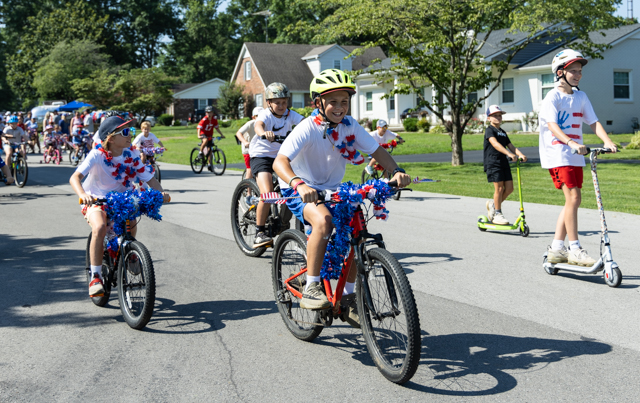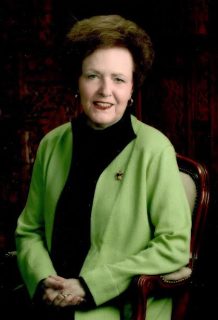WKU considering partnership with QatarDebate for language education
Published 8:00 am Friday, February 1, 2019

- Noah Stevens practices Arabic at Western Kentucky University on Thursday.
When Kassidy Orrender first came to Western Kentucky University, she never planned to study Arabic.
That changed when she discovered WKU’s community of international students, many of whom are Arabic speakers from the Middle East.
“A lot of the students at Western don’t interact with the international students here, and it kind of bothers me because we pride ourselves on being this school with international outreach,” said Orrender, a senior from Louisville.
“I signed up for Arabic 101 just because I wanted to be able to speak with other international students,” Orrender said. “Just the connection that you get from being able to speak someone else’s language just opens doors for these relationships and tears down walls.”
In March, Orrender will travel to Qatar with three classmates to compete in an international Arabic debate championship against university students from around the world.
WKU Arabic instructor Lhousseine Guerwane, who has been helping the students prepare, said it’s the third year WKU has competed in the event organized by QatarDebate.
The competition begins with non-native Arabic speakers vying for the chance to move up and challenge native speakers in debate. Last year, WKU sent Gatton Academy students to compete, but in 2017, the last year WKU students participated, Guerwane said the team beat South Africa, Holland and The Maldives.
In December, a Qatari delegation visited campus and was impressed with the students’ skills, Guerwane said.
“After the visit, they were very happy,” he said. “They are very happy with the level of the proficiency. They were surprised.”
WKU is working on an agreement with QatarDebate, which is the country’s national debating organization, that will help facilitate further opportunities for students, such as regular trips to Qatar for cultural exchange, Guerwane said.
For Orrender, her studies in Arabic coupled with political science have opened doors she never knew existed, including new friendships.
“I’ve broken fast with a lot of them. They’ve like sat with my family at Thanksgiving,” she said, adding it’s given her family a new perspective as well.
“Through my relationships with students here, I’ve gotten to see my family’s idea of the Middle East kind of transform. … People are people regardless of where they’re from.”
After graduation, Orrender has considered working in refugee resettlement. Her studies have taken her to Italy, where she said she interned and worked in a refugee camp.
Keightley Dudgeon, a senior from Louisville, also studies English as a second language and would like to live in a Middle Eastern country to teach it, she said.
“I got a lot of really cool opportunities through the major itself. I was able to study abroad a couple of times and see many different places that I would have never (had) without my Arabic major at Western.”
Her Arabic studies have taken her on study abroad trips to Jordan and Morocco, the latter of which she lived with a host family.
She added that Moroccan food is “even better when it’s made by like your host mother who’s been cooking it for her entire life.”
Noah Stevens, an Elizabethtown senior studying international affairs and Middle East studies, grew up in a military family.
“I’ve heard these stories about the Middle East since I was a child, but I’ve always been kind of interested in learning about it own my own,” he said.
After graduation, he’s planning a master’s degree in national security and defense policy to pursue a career in government. His Arabic studies have helped him in other classes he’s taken, he said.
“I pick up things in an art class or history class that other students don’t simply because I kind of have the language background,” he said.
Outside the classroom, Stevens spent a summer working with the Department of State to welcome Iraqi visitors. “When you meet someone and you speak their language, they’re much more comfortable,” he said.
Madi Crawford, a senior from Hendersonville, Tenn., is interested in a law enforcement career. She’s pursuing an internship with the Department of Justice over the summer.
“Hopefully, inshallah, I will work for the FBI,” she said, using an Arabic expression that means “God willing.”
Like Orrender, Crawford started studying Arabic on a whim. “There’s so many different pictures of the Middle East in the media, and people have so many different ideas about it, and I think in order to get your own opinion you need to dive into the culture as well as the language. … I think it just shows you how it’s not always how it seems on TV,” Crawford said.
– Follow education reporter Aaron Mudd on Twitter @BGDN_edbeat or visit bgdailynews.com.






